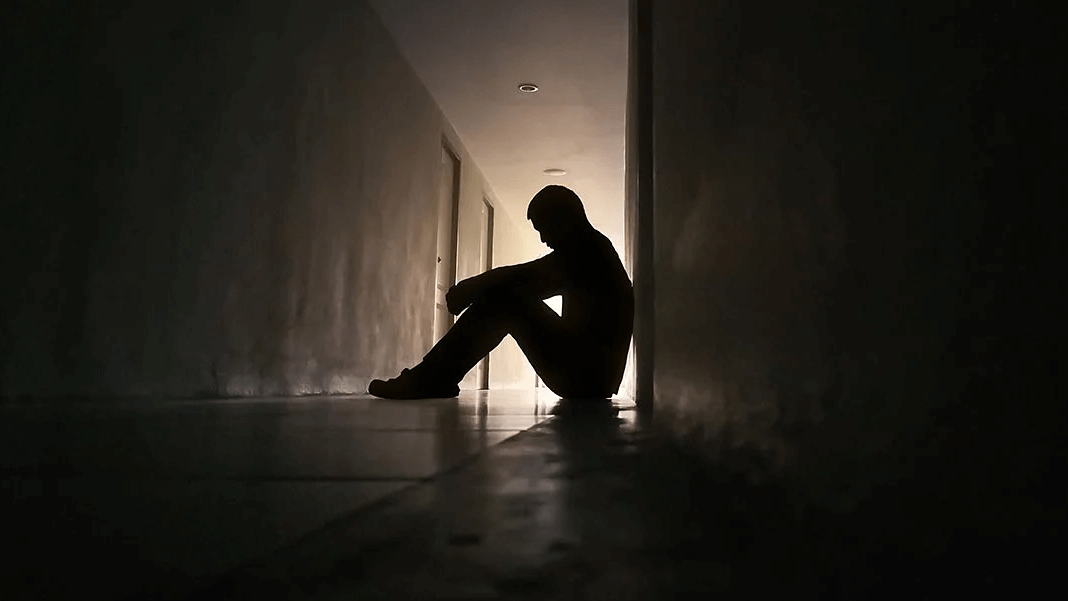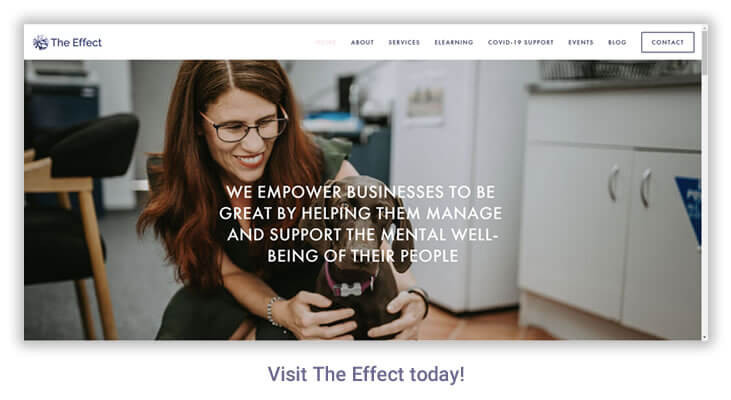Workmate struggling? What to look out for.
Watching a workmate or colleague battling is tough, but recognising what they’re going through and subsequently helping them can be incredibly uplifting.
Watching a workmate or colleague battling is tough, but recognising what they’re going through and subsequently helping them can be incredibly uplifting.

Watching a workmate or colleague battling is tough.
It can be an unsettling experience but recognising what they’re going through and subsequently helping them can be incredibly uplifting. Recognising the signs is critical.

Bridget Jelley - a respected psychologist and a director of “The Effect” a company that specialises in psychological health and safety within organisations - believes knowing what to look for is the key to helping out.
She explains: "It’s important to know what to look for. We need to identify when someone is struggling. Everyone has bad days - that’s normal but when someone’s behaviour changes for a couple of weeks or more that’s a red flag."
“Typically mood changes can mean becoming more introverted and withdrawn - not taking part in conversations or just not talking or hiding their reactions. That’s a potential sign something’s not right.” But mood swings can also bring opposing reactions, as Bridget points out.
“People can become very reactive, grumpy and be resistant or even confrontational in interpersonal conversations. Simple or minor things can tip them over.”
Reduced or inferior performance is also a potential sign that a colleague is having problems and needs help Bridget says.
“They might not be as accurate as they normally are with a diminished attention to detail or a compromised ability to think critically. Delaying projects for no apparent reason and something as straightforward as sidestepping emails are other indicators.”
Sometimes, of course, there are more direct tangible indicators such as absenteeism and physical appearance.
“Getting to work late or not showing up are big red flags just as physical appearance can be. If someone is normally very punctual and reliable then all of a sudden starts showing up late or not at all, this could be a sign that all is not well."
Changes in physical appearance also can be a sign.
“Taking sick leave as an excuse also indicates there’s a problem. Realistically ongoing stress leads to the immune system being compromised and that can impact on sleep and physical health.”
Putting a stop to regular routines also outlines a problem.
“Going for a drink after work on a Friday or watching sport on the weekend could be something many look forward to so stopping things that you enjoy is an indication that things aren’t right.”
So when these signs are apparent and you recognise them what is the best way to help?
“Don’t ignore the signs,” says Bridget. “That’s not the way to help - go up and talk."
“Initially a simple ‘How’s things?’ or ‘How’s it going?’ is a good start but it’s important not to personalise it. A direct 'How are you?' might not be a good start because the colleague or workmate could be taken aback. Just keep it casual at the start.”
And don’t take no for an answer.
Keep trying even if it’s several times because you will break through, and the colleague or workmate will feel that 'this person genuinely cares.'
Listening is the key.
“You don’t have to fix it - just listen. You’ll be amazed what that can achieve and the person you’re listening to will eventually be able to articulate their thoughts." Give them time and space.
“I can’t stress enough how important listening is and that will lead to encouragement and some positive outcomes.”

WE EMPOWER BUSINESSES TO BE GREAT BY HELPING THEM MANAGE AND SUPPORT THE MENTAL WELL-BEING OF THEIR PEOPLE

Watching a workmate or colleague battling is tough, but recognising what they’re going through and subsequently helping them can be incredibly uplifting.
